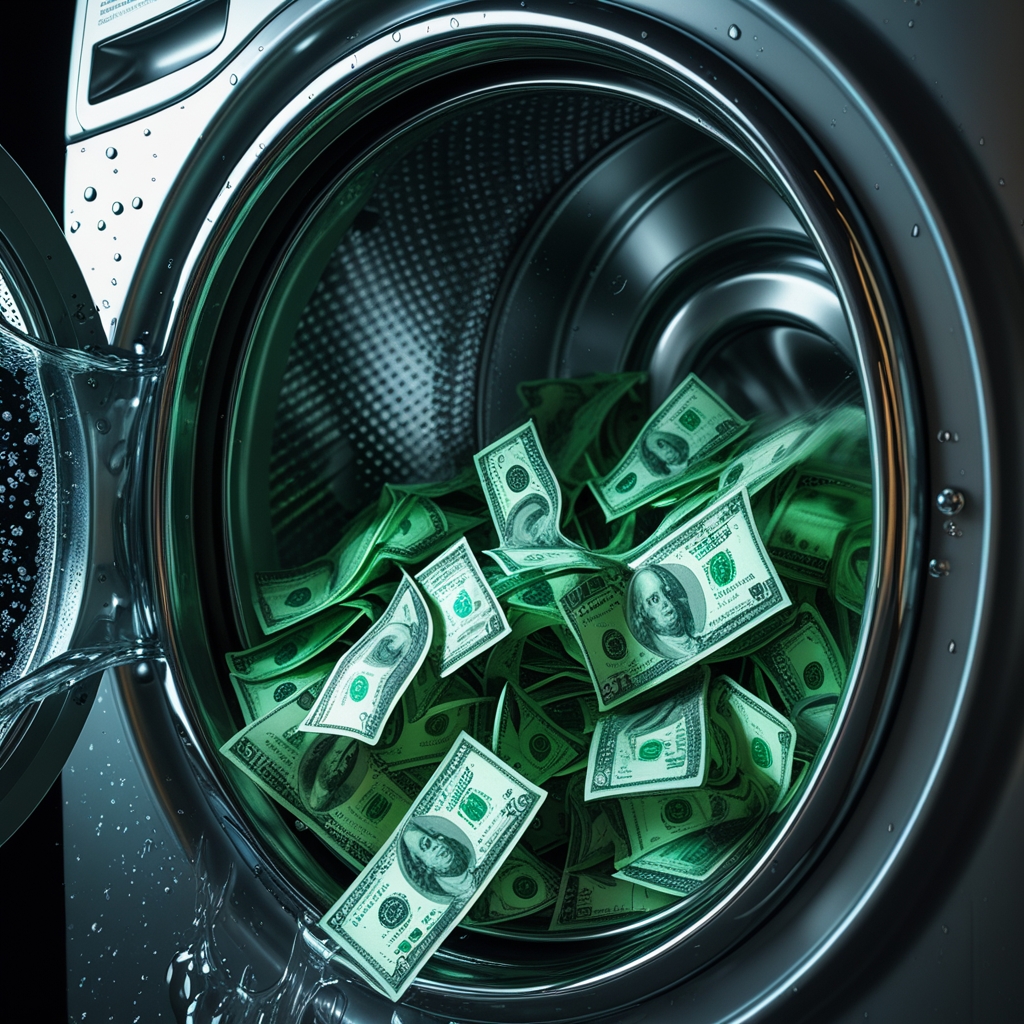You get your paycheck on time, but just a few days later you’re wondering, “Where did all my money go?”
This happens more often than you think. The issue isn’t always how much you earn, but how your money flows in and out.
This is what we call personal cash flow in finance: it’s the movement of your money—what comes in and what goes out.
Understanding it is key if you don’t want to end up broke every month.
In this post, we’ll see what cash flow really means, why it matters, and how to start managing it in a simple way.
“It’s not your salary that makes you rich, it’s your spending habits.”
– Charles A. Jaffe
Personal cash flow is the difference between your income and your expenses.
Income: salary, bonuses, side hustles, anything extra.
Expenses: rent, bills, food, subscriptions, nights out—everything you spend.
If your expenses are higher than your income, you’re in negative cash flow.
If you spend less than you earn, you’re in positive cash flow.
Sounds simple, but it changes everything.
Here’s a quick example:
- Monthly income: €1,500
- Monthly expenses: €1,600
That means you’re either going into debt or dipping into your savings every month.
Knowing your cash flow helps you see clearly where your money actually goes.


A common belief is: “I can’t save because I don’t earn enough.”
But in many cases, the problem is not knowing how much money is going out.
Some people earn well but are always broke.
Why? Because they’re not tracking their cash flow.
The best way to start is by tracking your expenses for 30 days.
Write them down in a notebook, on a spreadsheet, or in an app.
You’ll spot leaks: unused subscriptions, impulse buys, small daily costs that add up.
With this awareness, you can start making smarter decisions.
Key Takeaways
Personal cash flow isn’t just for finance nerds.
It’s a basic tool to understand if you’re living within your means.
Let’s recap:
- It’s not enough to know what you earn—you need to know what you spend.
- Tracking your cash flow gives you control over your finances.
- A positive cash flow helps you save, invest, and sleep better at night.
Here are a few easy-to-use apps to help you start:
- Wallet – great for quick daily expense tracking.
- YNAB (You Need A Budget) – helps you plan your money ahead.
- Money Manager – offers clear graphs and category breakdowns.
Start today. Even tracking your money for just a week can shift your mindset.
Make your money work for you—not vanish without a trace.
_______________________________________________________________________
Disclaimer
Do More Money is not a financial advisory service.
All content is for informational purposes only.
This is not financial advice.We collect and share public insights from major investors and third-party sources. We do not offer personalized advice and we are not financial advisors. All information remains the property of its respective authors or original sources


Leave a Reply